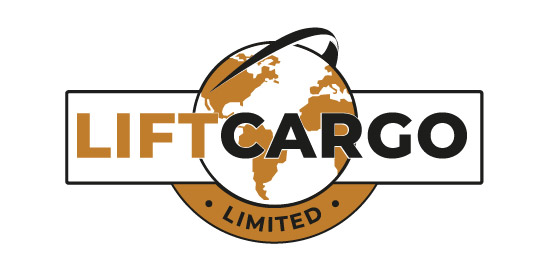LiftCargo is a company known not only for its reliability but also for its cost-effectiveness in cargo logistics. In the competitive world of logistics, where efficiency and cost optimization are crucial, LiftCargo has positioned itself as a leading player by implementing strategies that maximize value for its customers while minimizing expenses. Here’s how LiftCargo achieves cost-effectiveness in cargo logistics.
Optimized Route Planning: LiftCargo utilizes advanced route planning software and algorithms to optimize the transportation routes for its cargo. By considering factors such as distance, traffic patterns, and fuel consumption, the company can identify the most efficient routes, reducing both time and fuel costs. This streamlined approach allows LiftCargo to provide cost-effective solutions to its customers without compromising on delivery timelines.
Consolidation and Load Optimization: LiftCargo employs strategies such as consolidation and load optimization to make the most efficient use of its transportation capacity. By combining multiple shipments into a single load, the company reduces empty space and maximizes the payload of each shipment. This not only reduces transportation costs per unit but also minimizes the environmental impact by reducing the number of trips required.
Negotiating Favorable Rates: With its established presence and extensive network, LiftCargo has the leverage to negotiate favorable rates with carriers, suppliers, and other partners. The company utilizes its buying power and industry expertise to secure competitive pricing for transportation, warehousing, and other logistical services. These cost savings are then passed on to customers, making LiftCargo a cost-effective choice for cargo logistics.
Efficient Warehouse Management: LiftCargo’s cost-effectiveness extends beyond transportation to efficient warehouse management. The company optimizes its warehouse operations by implementing inventory management systems, reducing storage costs, and minimizing handling time. By improving efficiency in receiving, storing, and dispatching cargo, LiftCargo can offer competitive pricing to its customers.
Investment in Technology: LiftCargo recognizes the importance of investing in technology to drive cost-effectiveness. By leveraging automation, data analytics, and real-time tracking systems, the company gains better visibility and control over its operations. This allows for proactive decision-making, identifying bottlenecks, and optimizing processes to reduce costs. Technology also enables LiftCargo to offer value-added services such as online tracking and digital documentation, enhancing customer experience while maintaining cost-effectiveness.
Continuous Improvement: LiftCargo maintains a culture of continuous improvement, seeking ways to optimize its operations and reduce costs. The company encourages feedback from customers and employees, identifying areas for improvement and implementing innovative solutions. By regularly reviewing and refining its processes, LiftCargo ensures that it stays ahead of the curve in terms of cost-effectiveness in cargo logistics.


